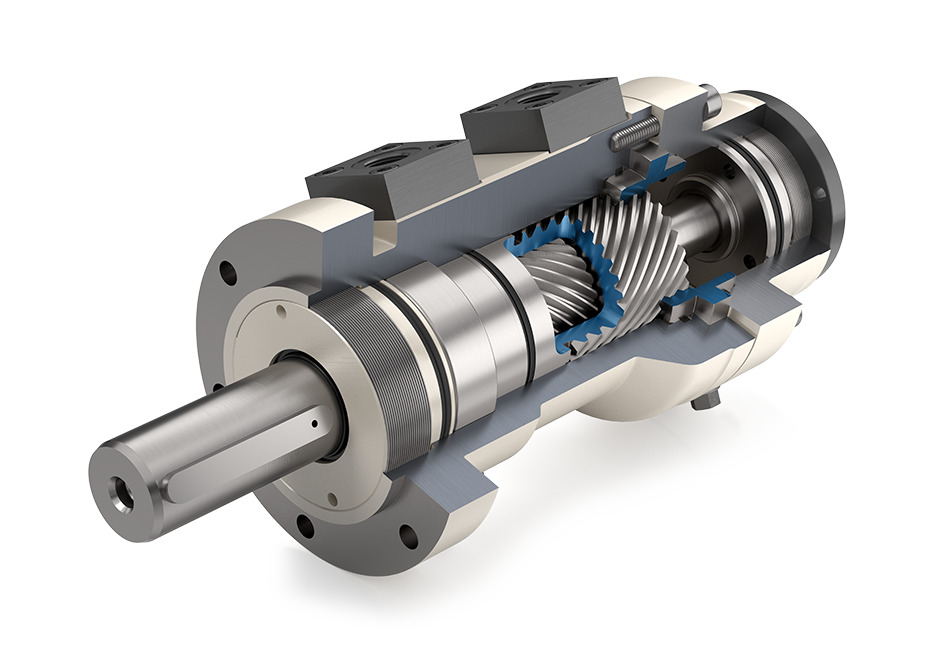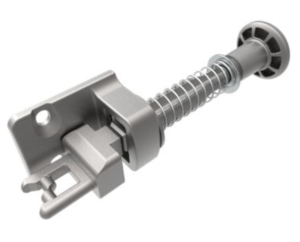Actuators are essential components in industrial and automation systems, responsible for converting various forms of energy—such as electrical, hydraulic, or pneumatic—into mechanical motion. This motion…
Actuators are essential components in industrial and automation systems, responsible for converting various forms of energy—such as electrical, hydraulic, or pneumatic—into mechanical motion. This motion can be linear or rotary, enabling precise control of machinery and processes in a wide range of applications.
Key Features:
- Energy Conversion
Transforms electrical, hydraulic, or pneumatic energy into mechanical motion for system control. - Types of Motion
Supports linear and rotary movement, depending on the application requirements. - Precise Control
Enables accurate adjustments to speed, force, and positioning for enhanced process control. - Durable and Reliable
Designed to withstand harsh environments, ensuring consistent performance under demanding conditions.
Applications:
- Automation and Robotics
Controls the movement of robotic arms, conveyors, and automated machinery. - Valves and Dampers
Operates valves in process control systems, regulating fluid or gas flow. - Industrial Machinery
Powers precise mechanical actions in manufacturing and assembly lines. - Aerospace and Automotive Systems
Provides motion control for flaps, brakes, and other critical components.
Actuators play a vital role in improving operational efficiency, safety, and precision, making them indispensable in industries that rely on controlled motion and automated processes.

